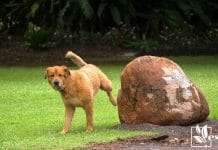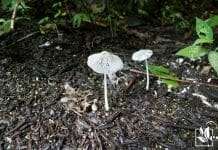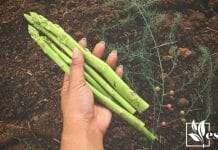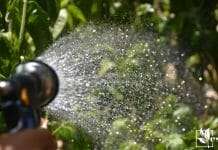Holly’s Backyard Bees has emerged as an engaging way for preschool children and beginners in beekeeping to explore the world of these essential pollinators. My journey began when curiosity led me to discover the importance of bees in our ecosystem.
At Holly’s Backyard Bees, the aim is to provide an educational experience that is informative yet understandable for children, with programs designed to nurture a connection with nature and an appreciation for the critical role that bees play in our environment.
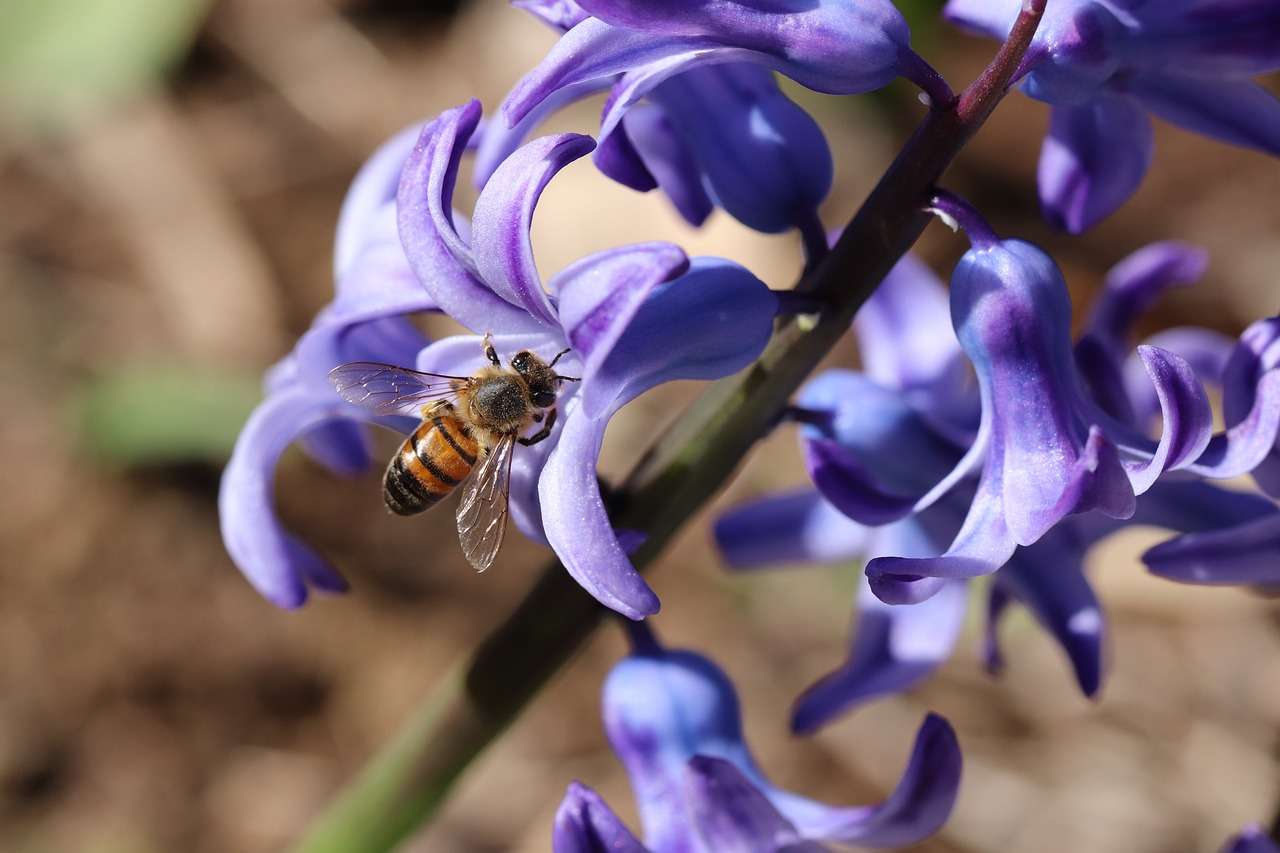
My experiences with bees have taught me the significance of sustainable and ethical beekeeping practices. This intimate interaction with the bees extends beyond education, as I personally ensure the production of seasonal, sustainable, and organic produce from our farm garden. It’s not simply about harvesting honey; it’s about respecting and supporting the natural behaviors of bees. Engaging with the bees and tending to the hives become acts of stewardship, fostering a healthy environment for them to thrive.
Through social media platforms like Instagram and educational YouTube vlogs, I share insights and day-to-day experiences from Holly’s Backyard Bees. These outlets allow me to connect with a broader audience, sharing the wonders of beekeeping from the serene setting of Mount Evelyn, Victoria, Australia.
Whether one is looking to start their own beekeeping journey or simply has an interest in how a bee-centric farm operates, Holly’s Backyard Bees aims to offer something valuable. The goal is to inspire a sense of wonder and responsibility towards these industrious creatures and the vital work they do.
JUMP TO TOPIC
Beekeeping Essentials
In beekeeping, understanding bee behavior, having the right equipment, and managing the health of honeybees are crucial for maintaining successful colonies. As a beekeeper, these are the cornerstones that ensure the well-being of backyard bees.
Understanding Bee Behavior
Bees follow a complex social structure and communicate through dances and pheromones. Recognizing these behaviors is vital for beekeepers to monitor the colony’s health and productivity. For instance, the queen bee’s pheromones keep the colony cohesive. If these signals weaken, it is a sign she may need to be replaced to prevent the colony from declining.
Selecting the Right Equipment
Choosing the right equipment is essential for handling bees safely and efficiently.
- Hive: Provide a home for your bees that mimics their natural living conditions.
- Bee Suit: A full-body suit with gloves and a veil to protect from stings.
- Smoker: Calms bees during hive inspections, minimizing stings.
- Hive Tool: A prying tool for hive maintenance and honey extraction.
Health Management for Honeybees
Bee health is a comprehensive approach involving regular inspections for pests and diseases and ensuring a good diet. Monitoring for the Varroa mite, a common parasite that can devastate hives, is an ongoing task. Beekeepers must also be aware of the signs of illnesses like American Foulbrood and take immediate action to address these issues to protect their colonies. Providing a variety of floral sources will support a nutritionally balanced diet for the bees, promoting overall colony health.
| Disease | Signs | Action |
|---|---|---|
| American Foulbrood | Sunken and discolored brood cells | Report to authorities, burn affected hives |
| Varroa Mite Infestation | Deformed wings, weak bees | Use of miticides, drone comb removal |
Benefits of Bees in the Ecosystem
Bees are vital to the health and longevity of our environment. As both honeybees and native Australian bees contribute indispensably to ecosystems, understanding their role is key to promoting sustainability.
The Importance of Pollinators
I understand the critical function of bees as pollinators in ecosystems, supporting the growth of trees, plants, and flowers necessary for a healthy environment.
💥 Native Bees: The unmatched efficiency of Australian native bees in pollinating certain local crops exemplifies the need to protect these species.
Bees and Sustainable Agriculture
Bees play a pivotal role in agricultural practices by enhancing food security through the pollination of crops. This influence stretches directly to our plates, making them guardians of food diversity and promoters of sustainable food systems.
Honeybees: by transferring pollen between flowering plants, ensure the growth of fruit, seeds, and vegetables directly affecting the yield and quality of crops and consecutively, farmers’ livelihoods.
Sustainability: By fostering widespread pollination, bees directly support the concepts of permaculture and organic farming, both of which are integral to sustainable agriculture.
💥 Cultivating Sustainability: I actively engage in practices that protect pollinators, recognizing their essential role in sustaining both ecosystems and agriculture.
Honey Production and Uses
In my experience as a backyard beekeeper, successful honey production hinges on meticulous collecting and careful processing, while the value of the products, such as honey and beeswax, extends beyond mere consumption.
Collecting and Processing Honey
I carefully suit up and utilize a smoker to calm the bees before extracting frames from the hive. Harvesting the honey involves timing: too early, and the honey’s water content is too high; too late, and it risks being over-processed by the bees or seized by hive pests. Once I’ve removed the frames, I use an uncapping fork to expose the honey, then place the frames in an extractor to spin out the golden liquid. The honey is strained through a series of mesh filters to remove any debris before being bottled.
Applications of Honey and Beeswax
After processing, honey serves many purposes in my home. It is a preferred sweetener for its natural origins and because it contains trace amounts of vitamins and antioxidants. Honey finds its way into various dishes, from salad dressings to marinades, enhancing flavors with its mild floral notes. Beyond edibles, it’s also known for its use in skincare, providing moisturizing benefits.
Beeswax, another valuable hive product, is used in crafting food wraps, a sustainable alternative to plastic cling film. I also use beeswax to make candles, which burn cleaner and longer than paraffin-based ones. Furthermore, beeswax is excellent for skin care products such as lip balms and lotions due to its natural barrier-forming properties, helping to retain moisture and protect the skin.
Bees provide us not only with exceptional honey products but also versatile beeswax, which has a multitude of uses from food preservation to natural cosmetics.



